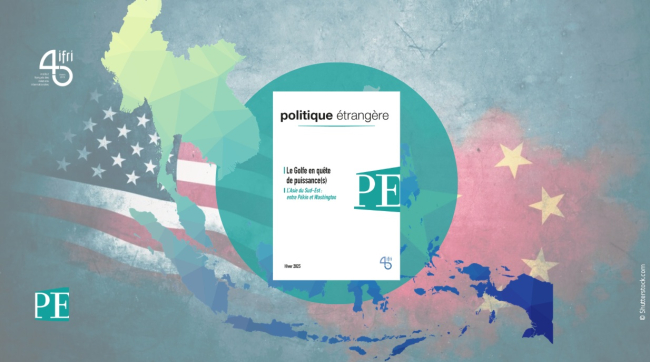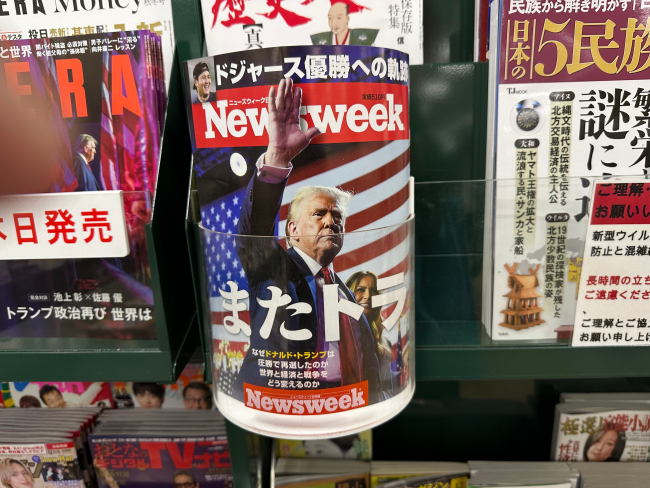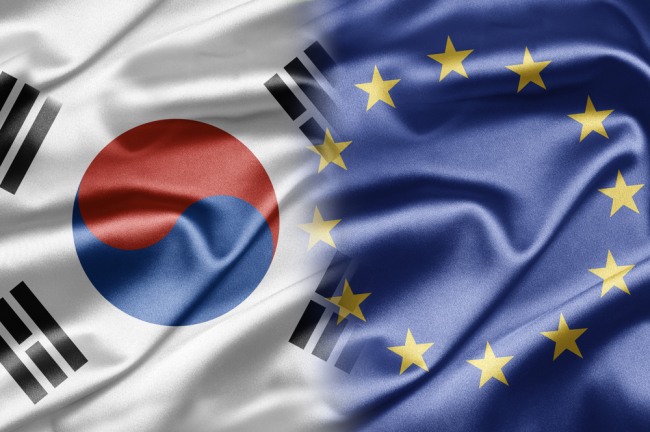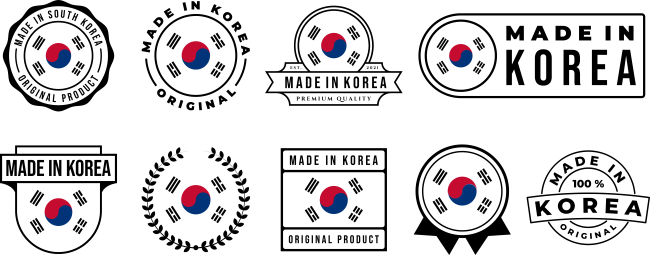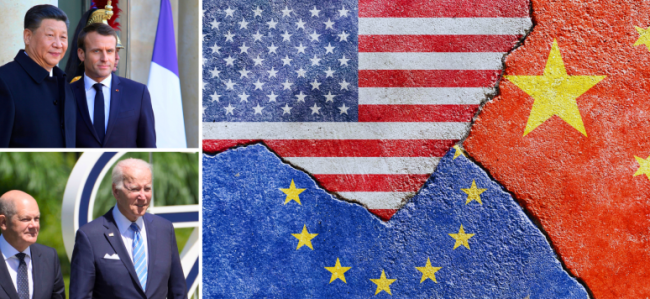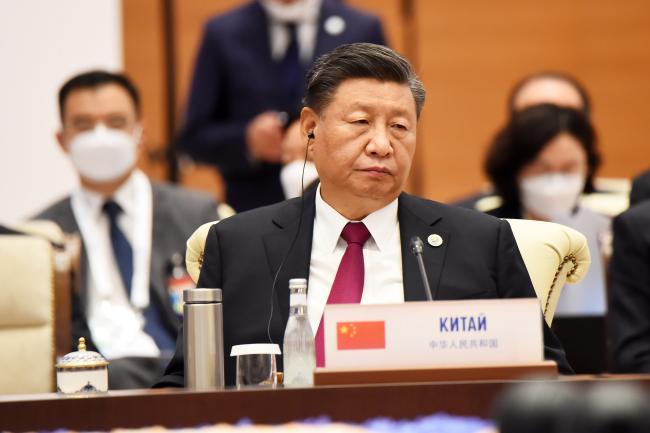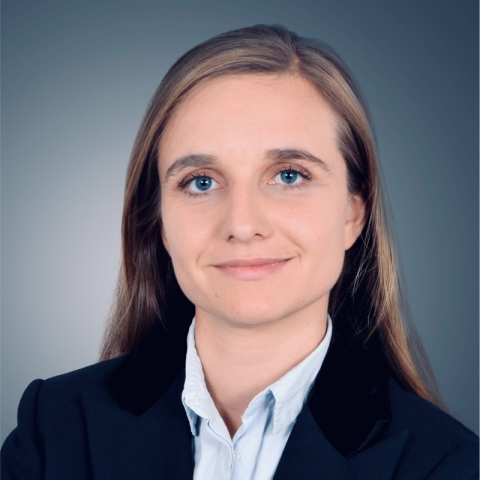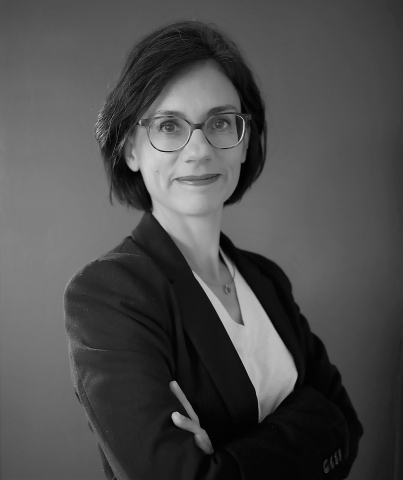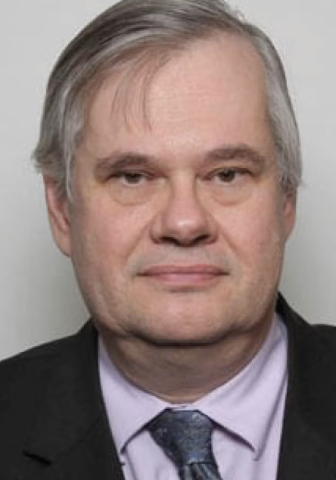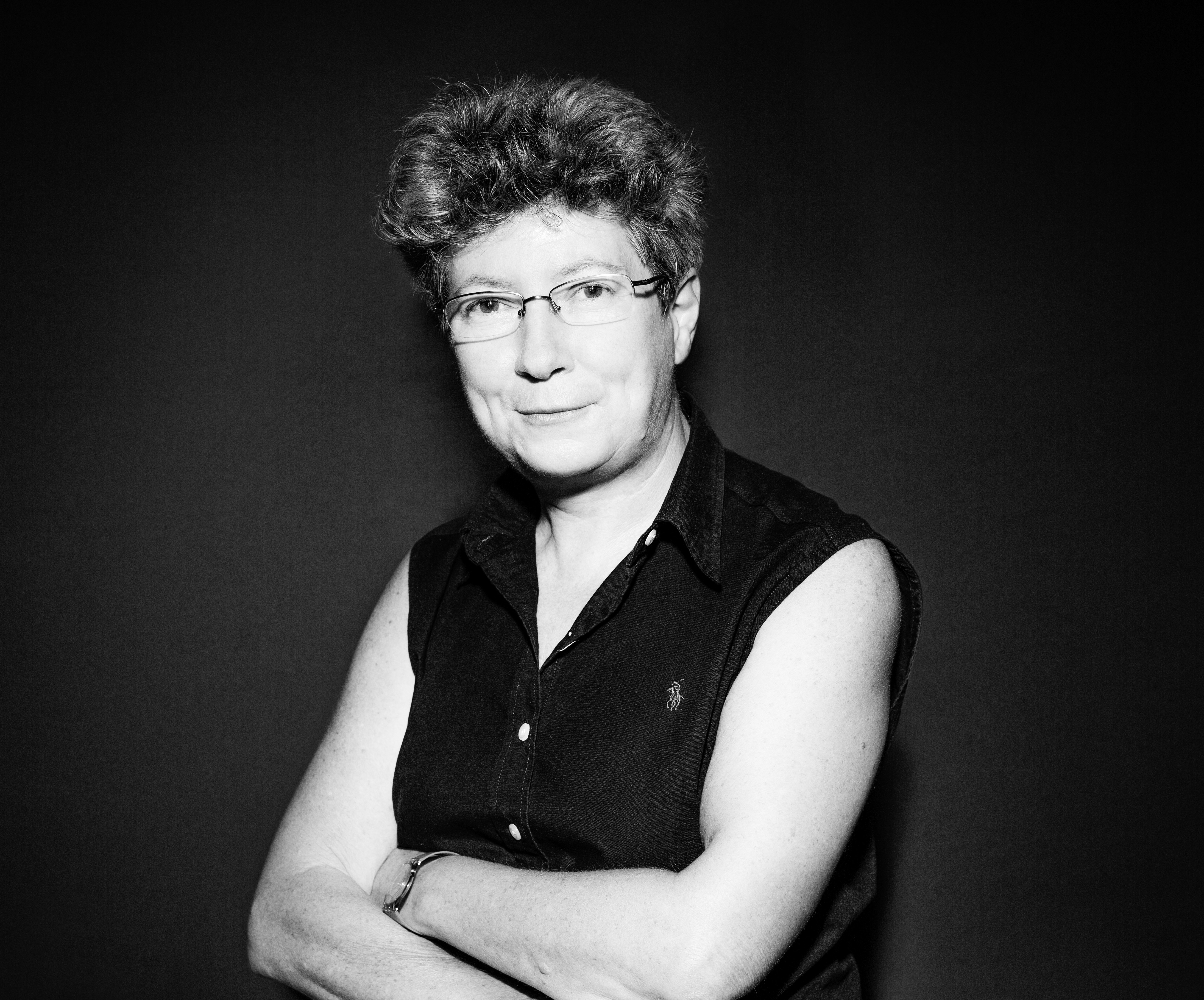
Prénom de l'expert
Françoise
Nom de l'expert
NICOLAS
Senior Advisor, Center for Asian Studies, Ifri
Research Areas:
- Emerging economies, with a focus on East Asia
- East Asian regional economic integration
- Foreign direct investment and growth
- Globalization and its impacts on global governance

Center for Asian Studies
View moreFrançoise Nicolas joined Ifri as a Resarch Fellow in1990 and was later the Director of the Center for Asian Studies until February 2024. She is now Senior Advisor to the Center for Asian Studies while she also teaches at Langues' O, Sciences Po Paris (Europe-Asia programme, Le Havre campus) and Sciences Po (Lyon) and is a consultant to the Directorate for Financial, Fiscal and Enterprise Affairs of the OECD (DAF) focusing on Southeast Asian non-member countries. In the past she was an assistant Professor in international economics at the University of Paris-Est (Marne-la-Vallée) from 1993 to 2016, and taught at the Graduate Institute of International Studies (GIIS, Geneva – 1987-90), at the Ecole Nationale des Ponts et Chaussées (1991-95), as well as at the HEC School of Management (2000-02).
Françoise Nicolas holds a Ph.D in international economics (1991) and a MA in political science (1985) from the Graduate Institute of International Studies (Geneva, Switzerland), as well as a diploma in translation from the University of Geneva (1980). She has also studied at the University of Sussex (1980-81) and has spent some time as a visiting fellow at the Institute of Southeast Asian Studies (ISEAS) in Singapore (1999) and at the Korea Institute for International Economic Policy (KIEP) in Seoul (2004).
See more









